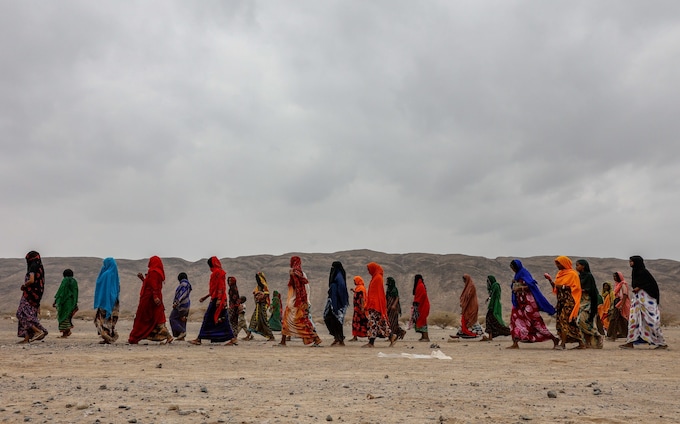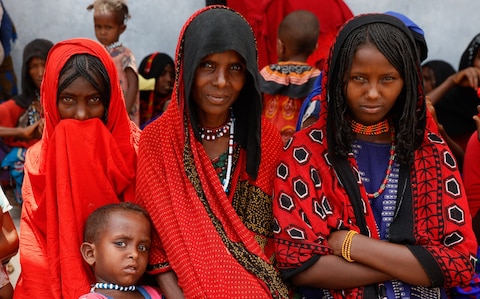
Ekeomah Atuonwu
The International Committee of the Red Cross (ICRC) reports that efforts to deliver critical medical aid into the war-torn Ethiopian region of Tigray remain limited.
This is despite a humanitarian truce reached last week between the government and rebel forces.
The ICRC has been allowed to airlift medical supplies into Tigray since January of this year, after months of restriction, but it says none of its aid trucks have moved to the region because roads continue to have “security and access issues.”
Over the last three months, thirty-eight flights carrying desperately needed medical supplies have arrived in Tigray.
However, given the magnitude of the need in the region, what is delivered is “a drop in the ocean,” according to the organization’s Ethiopian spokesperson, Fatima Sator.

Ms Sator told journalists that due to a lack of supplies, doctors in Tigray were forced to reuse gloves and medical equipment.
Relief organizations have long accused the government of imposing a de facto blockade, which Addis Abeba denies.
When a truce was announced last week, there were hopes that it would immediately lead to increased access to Tigray, where millions of people require assistance.
However, the government and Tigrayan forces continue to trade accusations, despite the fact that little has changed in the movement of aid by road.
According to the Red Cross, allowing trucks to enter the region will significantly increase the organization’s capacity.
For months, aid agencies have lobbied the government to lift a blockade on the region of around seven million people, where more than 90 per cent of the population require humanitarian assistance. The last aid truck to deliver supplies to Tigray was in mid-December, forcing NGOs to deliver food and medical equipment by air.
The United Nations said the region requires 100 trucks a day to prevent further casualties. Researchers estimate that up to 200,000 people have already died from starvation.




